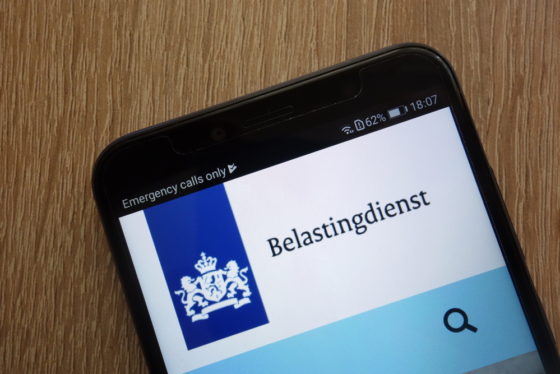‘Expensive’ 9% VAT rate mainly benefits richer households: report


The low value-added tax rate (btw) of 9% is a costly and ineffective measure that has little impact on people’s buying habits, according to a new report commissioned by the cabinet.
The lower tax rate, which applies to food, medicines and cultural activities, was introduced in 1968 to lower costs for people on lower incomes and to steer consumer behaviour.
But researchers for Dialogic and Significant Public found that the lower tariff benefits richer households far more than poorer ones and is unsuitable as an instrument to stimulate people to change their behaviour.
At the same time, the tax is extremely expensive, costing the treasury some €13 billion in lost income this year alone, the researchers say. The higher rate of btw in the Netherlands is 21%.
They recommend that the government look again at the way the lower rate is used to establish if other measures, such as lowering income tax or subsidies, could be more effective.
Tax minister Marnix van Rij said he will react to the recommendations on behalf of the cabinet before the September budget is presented.
Thank you for donating to DutchNews.nl.
We could not provide the Dutch News service, and keep it free of charge, without the generous support of our readers. Your donations allow us to report on issues you tell us matter, and provide you with a summary of the most important Dutch news each day.
Make a donation